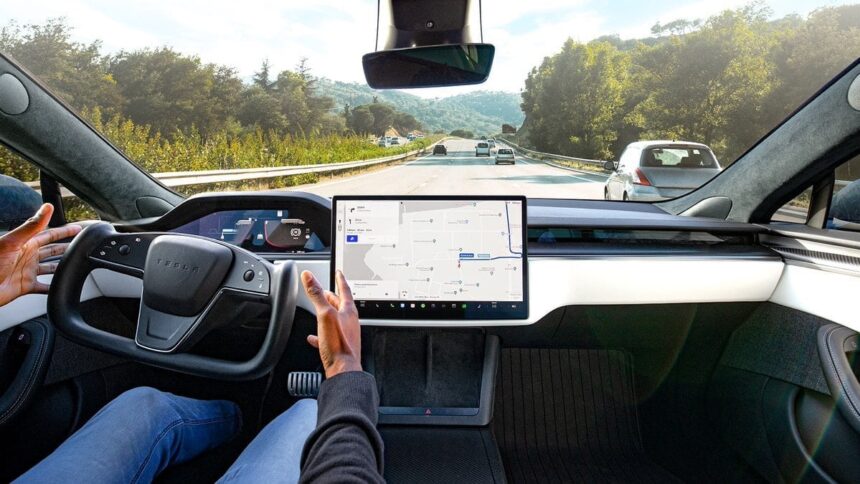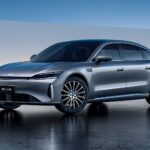Tesla’s Full Self-Driving (FSD) system is facing delays in obtaining regulatory approval in China, according to recent reports. The company had initially announced plans to introduce the FSD system in China by the first quarter of 2025. However, sources familiar with the situation have indicated that the deployment may not progress as quickly as anticipated.
According to China Daily, the rollout of Tesla’s semi-autonomous driving system in China is not likely to align with the company’s projected timeline. The Chinese government is open to allowing Tesla to test certain features of its FSD Supervised system in select cities, as long as all current laws and regulations are strictly followed. This delay is expected to push back the launch of the FSD system in China.
During a July earnings call, Tesla CEO Elon Musk mentioned that the company was expecting regulatory approval to introduce its FSD system in additional markets, including Europe and China, by the end of the year. Tesla has plans to introduce the FSD Supervised system in both China and Europe early next year, pending regulatory approvals.
One of the main challenges for Tesla’s FSD system in China is related to the collection and management of geographic data. Tesla has enlisted certified local firms to handle the mapping work in compliance with Chinese regulations. Elon Musk has also requested approval to access non-sensitive video data to aid in system training, which will be closely monitored by relevant authorities.
Under Chinese law, foreign companies are required to collaborate with authorized local entities for the collection, storage, transmission, and processing of geospatial data from smart vehicles. Both Tesla and Mobileye, Intel’s autonomous driving subsidiary, have reiterated their commitment to adhering to Chinese regulations.
Recent incidents involving illegal mapping activities in China have raised concerns. China’s Ministry of State Security revealed that a foreign company had engaged in illegal mapping activities in partnership with a licensed local firm under the guise of smart driving research. While the companies involved were not specified, this development highlights the importance of complying with regulations in the Chinese market.
As Tesla continues to navigate the regulatory landscape in China, the company remains focused on obtaining approval for its Full Self-Driving system. The integration of advanced technology into the Chinese market presents both opportunities and challenges, emphasizing the importance of regulatory compliance and collaboration with local entities.





